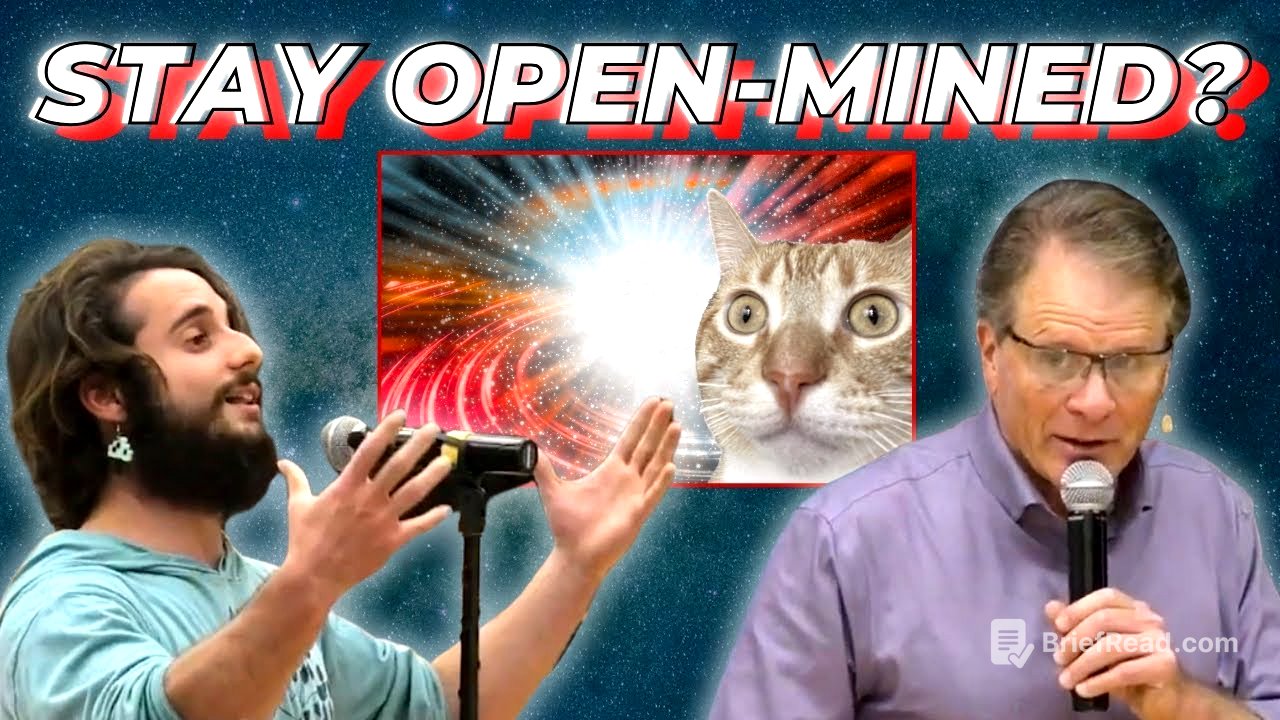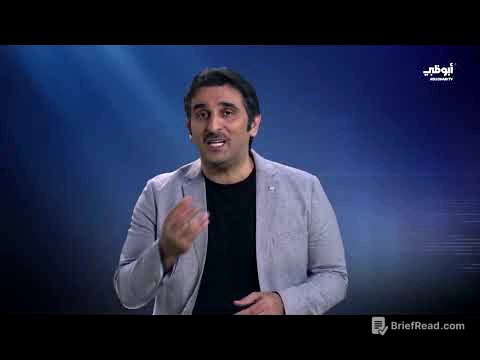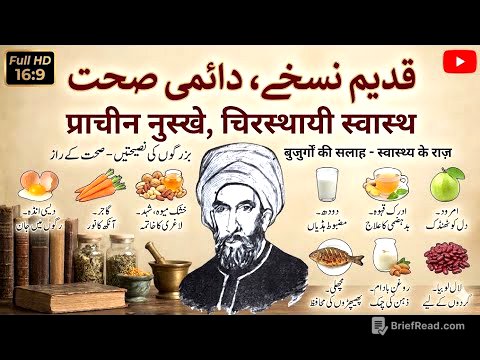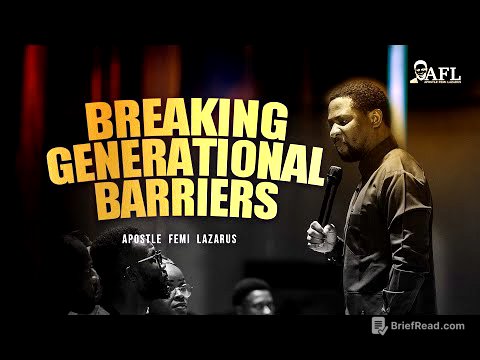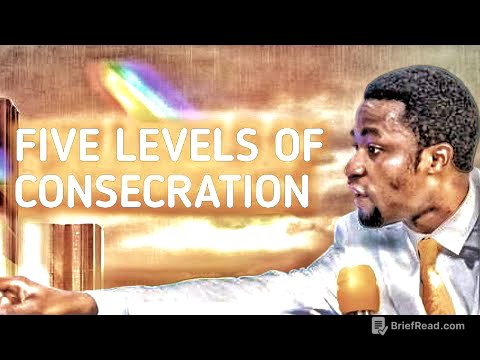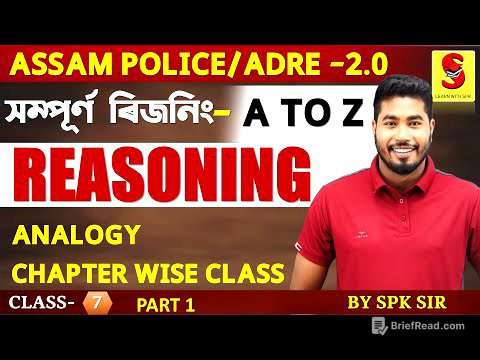TLDR;
The discussion centres on the balance between open-mindedness and drawing conclusions based on evidence, particularly in the context of faith and spirituality. It highlights the importance of rational thought alongside spiritual experiences and acknowledges the limitations of human understanding when it comes to comprehending the totality of God.
- Open-mindedness versus empty-mindedness: The necessity of drawing conclusions based on sufficient evidence.
- Balancing rationality and mysticism: Avoiding dogmatism by integrating rational thought with spiritual experiences.
- Limitations of human understanding: Acknowledging the impossibility of fully comprehending God due to our finite nature.
Open-mindedness vs. Empty-mindedness [0:00]
The conversation begins with the idea of being okay with not knowing, even while seeking truth through philosophy and theology. The speaker references the book "I Don't Have Enough Faith to Be an Atheist," emphasising the difference between being open-minded and empty-minded. While some things may remain unknown, it's important to draw conclusions when sufficient evidence is available. Taking an honest look at the evidence for Christianity, for example, suggests that it's not a virtue to remain undecided if the evidence adequately supports its truth. According to scriptures, failing to acknowledge this evidence could be a grave mistake.
Balancing Rationality and Mysticism [2:00]
The discussion moves to the potential dogmatism within mystical traditions, such as yoga. Some practitioners may rely solely on spiritual connections through meditation, dismissing the need for studying religious texts or engaging with rational arguments. This can lead to a dark place if the rational and non-conceptual aspects are not balanced. While God is beyond our comprehension to a certain extent, He is not against reason. We can still gain knowledge about God by analogy, even if we cannot know Him directly. Theology and arguments are valuable tools for understanding God, provided they are correct.
The Totality of God and Human Understanding [3:23]
The final question addresses how we know that the totality of God is beyond arguments. By following arguments to their origin, we arrive at the concept of a spaceless, timeless, immaterial, powerful, moral, personal, and intelligent creator with infinite attributes. Due to our finite nature, we cannot fully know such a being. While we can know enough to confirm His existence, exhaustive knowledge remains unattainable, especially in this life. Even with the beatific vision, complete understanding of God is impossible. God, as an infinite being, is a perpetual novelty, ensuring that our finite capacities will never fully comprehend Him, although we will know Him better.
